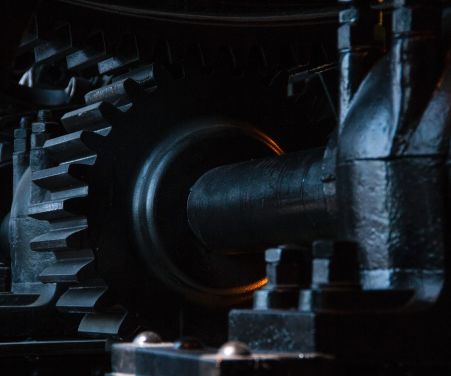Five Advantages of Swiss Machining That Makes Them Essential in Manufacturing

Nowadays the whole process of metal fabrication is automated. Many advancements and modifications have occurred in the CNC machining technology since the inception of CNC machines. And the most sophisticated CNC machining system available today in the market is CNC Swiss machining.
Swiss machining is more sophisticated technology than conventional CNC machining, and gradually Swiss machines are replacing conventional CNC machines.
Advancing to Swiss machining has many advantages. Let’s have a look at five advantages of Swiss machining that makes it essential in manufacturing.
Ability to Machine Complex Metal Parts
The main advantage of Swiss machine is it allows manufacturers to produce complex metal parts which are often out of reach of a standard conventional CNC machine. A Swiss lathe can machine smaller metal parts within close tolerances effectively and efficiently. This is because in Swiss lathe both workpiece and tool can move at the same time which is not possible in the conventional lathe. In a conventional lathe, the tool is delivered to the workpiece, and workpiece remains still during the fabrication. This limits the capability of the tool to fabricate complex shapes of metal parts.
Perform Both Turning and Milling
A Swiss lathe is multifunctional. It has the ability to perform both turning and milling in one process. In Swiss lathe, workpiece and tool both can move simultaneously which allow tools to perform multiple operations simultaneously. Sub-spindle allows working on the backside of the part. Live tooling and back working have made possible to produce net shape parts on one machine in one process. This versatility of Swiss lathe makes it essential in manufacturing.
Can Operate Unattended
The metal fabrication process in Swiss machining is fully automated. Once the machine is set up, the design is uploaded, and bar stock is placed in the bar loader, your Swiss machine can operate for hours unattended. Even when a machine operator is on leave, Swiss machine continues to run. This allows manufacturers to boost the production and produce large quantities of metal parts on-time. A Swiss lathe can operate 24 hours 7 days a week without any interruption. High volume orders can be completed easily on time.
Highly Efficient
Swiss machines have the unique capability of finishing the job in one step on one machine. Swiss machine can drill, mill, saw, and perform other secondary machining operations. More importantly, 20 or more tools can be mounted in the tool zone. The metal parts come off the machine ready to ship. You do not have to machine metal parts again for secondary operations. This makes the Swiss machining highly efficient. Software used in Swiss lathe allows programmers to speed up the setup process. Hence, fine metal components can be produced with less downtime and more accuracy.
Reduced Cost of Production
As compared to a conventional CNC lathe, metal fabrication process on a Swiss lathe is less expensive. High production speed, lesser defect rate, reduced cycle times, less downtime and multi-functionality of the Swiss machine make the production of metal parts less expensive. In most cases, secondary operations are not required. Metal parts come off the machine in-ready to ship condition. The unique ability of one step completion significantly reduces the cost of production of the metal part. Also, a Swiss lathe uses less bar stock which means you can save money on the material.
So these are the five advantages of Swiss machining that makes it essential in manufacturing.
The Bottom Line
Swiss machines are different from conventional CNC machines. And when it comes to the manufacturing of fine parts in high volumes, nothing can beat the Swiss machines. Swiss machining is ideal for the mass production of complex metal parts with high accuracy. If you are planning to outsource your metal fabrication process of complex metal components, then advancing to Swiss machining is beneficial for you.
